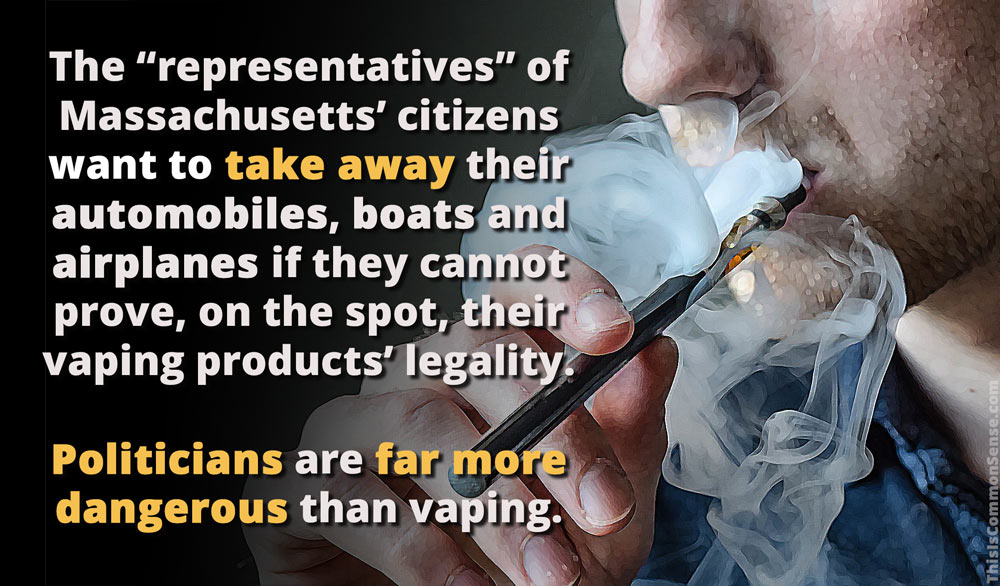Should the FDA outlaw backpack pockets?
Trick question.
Oh, you said “no”?
Okay, not that tricky . . .
But a little tricky. The FDA doesn’t want to prohibit backpack pockets as such. Only backpack pockets that can hide vaping equipment, like an e-cigarette.
Such pockets could presumably also hold a pen, thermometer, stick of beef jerky, perhaps even a plastic straw or spindled dollar bill. The list of cacheable contraband is endless. But it’s the thoughtcrime that counts.
The FDA wants to deploy its power to regulate food and drugs to also bully makers of pockets and other things that facilitate peaceful actions of which FDA officials disapprove. For now the agency is sending stern letters to sellers of legal products.
Tomorrow it may send SWAT teams.
“The FDA is especially disturbed by some of these new products being marketed to children and teens by promoting the ease with which they can be used to conceal product use,” frets Mitch Zeller, king of the FDA’s Center for Tobacco Products. (It’s not an emporium.)
Various products that could help a person vape furtively are on the FDA’s hit list. Many of these products never hurt a fly. Backpack pockets in particular are getting a bad rap. I’m a fan of backpack pockets and hope the production of every kind of backpack pocket will continue unabated.
So, regardless of any animus that certain functionaries may feel about the covert carrying of e-cigarettes, pencils, or swizzle sticks, let them leave backpack pockets alone.
This is Common Sense. I’m Paul Jacob.

—
See all recent commentary
(simplified and organized)





